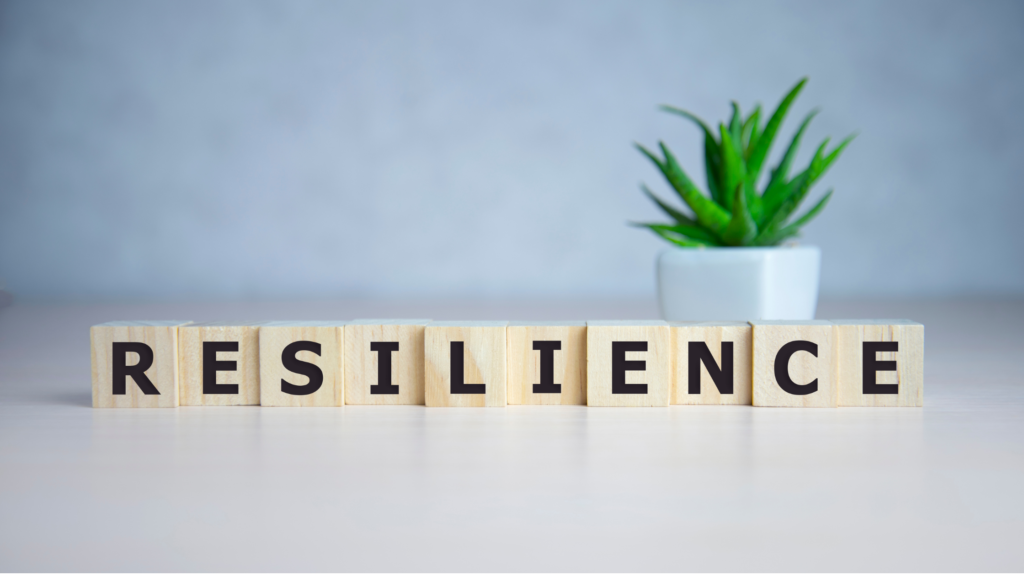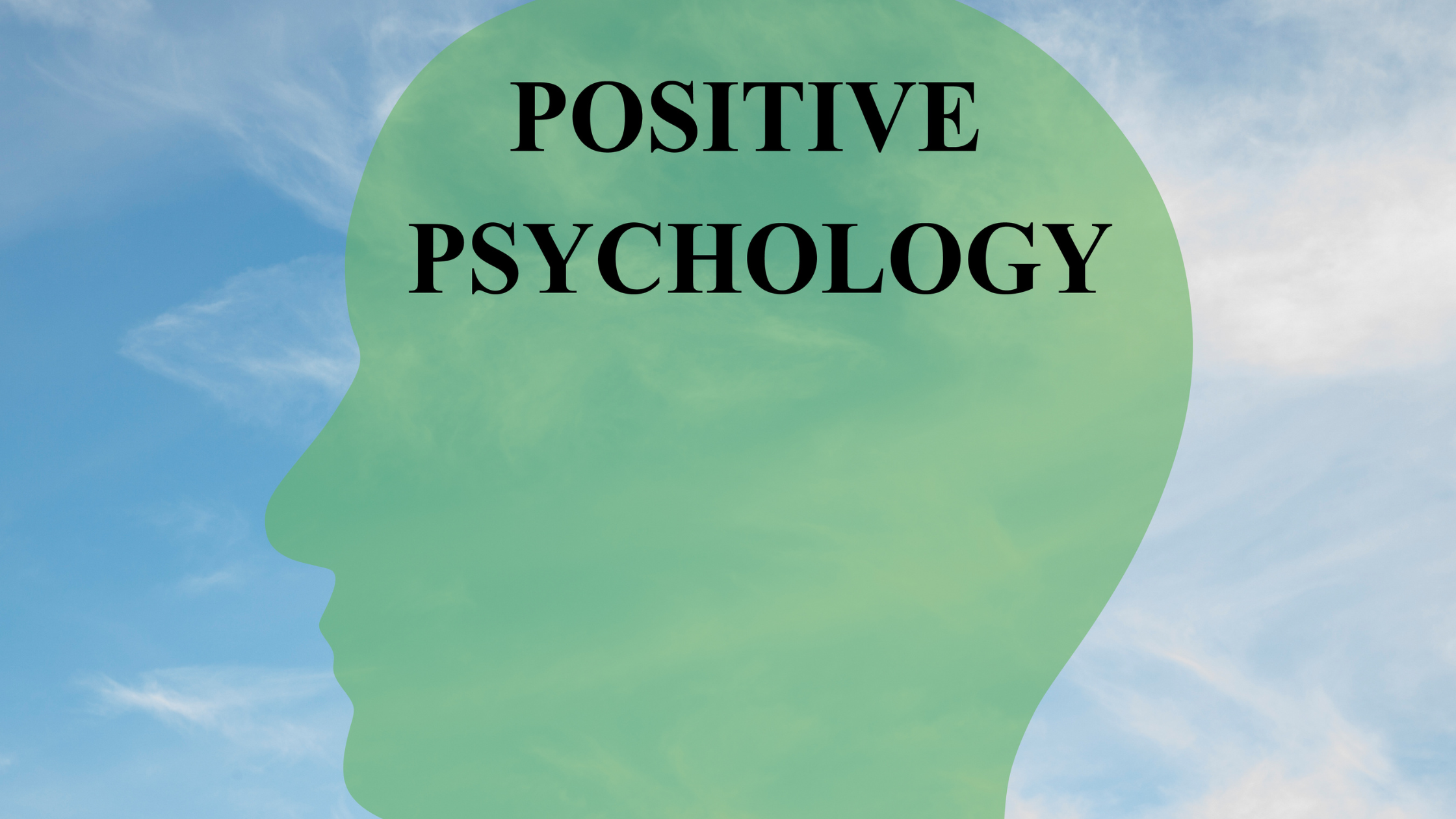Unlocking happiness, most individuals actively pursue a state of well-being that embodies a fulfilling life… Moreover, Positive psychology, a branch of psychology, actively focuses on enhancing quality of life and fostering happiness, fulfillment, and positivity (Seligman & Csikszentmihalyi, 2000). This field offers a range of evidence-based techniques that effectively promote well-being. In this post, we will explore some of these transformative techniques.
1. Practice Gratitude
Acknowledging the goodness in one’s life, gratitude has been linked to increased well-being and reduced depression (Wood, Froh, & Geraghty, 2010). Shifting focus from negative to positive aspects, regularly expressing gratitude actively cultivates this positive mindset. Gratitude practices include keeping a gratitude journal, writing thank you letters, and also simply taking a moment each day to reflect on and appreciate what one holds dear.
2. Cultivate Optimism
Optimism, characterized by the general expectation of positive outcomes, actively predicts positive physical health outcomes (Rasmussen, Scheier, & Greenhouse, 2009). Hoewver, Cultivating optimism involves actively reassessing negative thought patterns and envisioning the best possible version of oneself—a practice known as visualizing the ideal future life (Peters, Flink, Boersma, & Linton, 2010). By consciously adopting an optimistic mindset and envisioning a brighter future, individuals actively shape their well-being..
3. Foster Strong Social Relationships
Positive psychology recognizes the fundamental importance of cultivating meaningful relationships for overall well-being. Extensive studies have consistently demonstrated that strong social connections contribute to increased happiness and improved health (Holt-Lunstad, Smith, & Layton, 2010). Strengthening relationships involves actively and constructively responding to others, displaying genuine interest and enthusiasm for their achievements and positive experiences. By engaging in such interactions, individuals actively foster deeper connections and enhance their own well-being.
4. Engage in Flow Experiences
The state of “flow” describes individuals being fully absorbed and engaged in an activity (Csikszentmihalyi, 1990). Experiencing flow actively leads to heightened happiness and life satisfaction. Cultivating flow involves engaging in tasks that challenge one’s skills, setting clear goals, and wholeheartedly focusing on the task at hand. By actively immersing ourselves in flow-inducing activities, we unlock greater fulfillment and enjoyment in life.
5. Practice Mindfulness
Mindfulness, defined as paying attention on purpose, in the present moment, and nonjudgmentally, is another technique in positive psychology. Morever, it has been shown to reduce stress and improve mental well-being (Kabat-Zinn, 2003). You can practice mindfulness through meditation, mindful eating, or simply focusing completely on what you’re doing at the moment.

6. Set and Pursue Meaningful Goals
Setting and pursuing meaningful goals contribute to a sense of purpose and can result in increased life satisfaction (Emmons, 1986). These goals can relate to any area of life, such as personal growth, relationships, or career. However, they should be challenging yet attainable and align with one’s values.
7. Cultivate Resilience
Resilience, the process of adapting well in the face of adversity, is a key aspect of positive psychology. Studies have demonstrated that resilience can be learned and cultivated, resulting in improved well-being and reduced symptoms of depression (Southwick, Bonanno, Masten, Panter-Brick, & Yehuda, 2014). Building resilience involves maintaining a positive view of oneself, seeking support, as well as learning from past experiences.

8. Practice Kindness
“Research shows that performing acts of kindness increases feelings of happiness and well-being (Lyubomirsky, Sheldon, & Schkade, 2005).”. This can involve volunteering, helping a friend or colleague, or performing random acts of kindness.
In conclusion, positive psychology offers a plethora of research-backed techniques to enhance well-being and promote happiness. Incorporating these techniques into our daily lives can unlock happiness and lead a fulfilling life.
Here are a few of our most recent blog posts:
- Time Management Hacks for ADHD: How to Keep Your Focus and Get Things Done!
- Tips on Boosting Self-Confidence for Teens
- Common Meditation Problems
- Common Goal Setting Obstacles and How to Maneuver around Them
- Committing Yourself to Positive Actions
If you’d like to follow me on social media, you can find all of my links HERE
Get It Done Faster!

Just click the picture to get your free copy now!
Includes free eBook AND free workbook, including worksheets and instructions for each of the techniques!
Designed specifically for those on the go, dive deep into the art of rapid productivity. Every moment matters; make the most of it.
In a world that incessantly pushes for more hours, more hustle, and more grind, a revolutionary approach is quietly rewriting the rules of productivity. Have you ever found yourself staring at the clock, wondering where the day went and why your to-do list remains untouched? You’re not alone. The common belief is that longer hours equate to more accomplishments, but what if the key isn’t more time, but how you use it?
Introducing “Get It Done Faster” — a game-changing technique that capitalizes on our brain’s natural rhythms and energy peaks. Instead of laboring for hours on end and burning out, imagine achieving more in short, focused intervals, punctuated by refreshing breaks. It’s not about working harder; it’s about working smarter. This method, inspired by tools like the Pomodoro technique and the Eisenhower matrix, taps into the sweet spot of productivity, ensuring that you’re operating at your peak when it matters most.
The links on this page may be affiliate links. That means that if you make a purchase using these links, I may receive a commission. This does not change the cost for you.
The links on this page may be affiliate links. That means that if you make a purchase using these links, I may receive a commission. This does not change the cost for you.


Leave a Reply